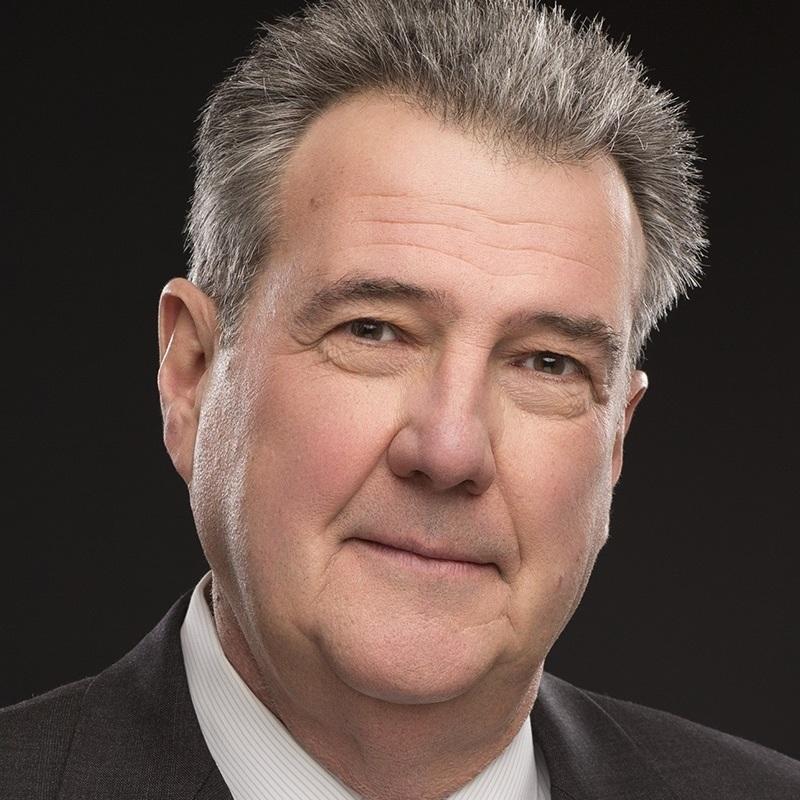A day at a US graduation ceremony: what to expect
Ever wondered what happens at a US graduation ceremony? Alan Ruby shares his experiences of attending his nephew's graduation in Oregon
- Student life
Share
Our nephew’s graduation ceremony from University of Oregon’s (UO) business school was a master class on US higher education. UO is a public university in the smallish (150,000 population) town of Eugene set in the Willamette valley. It has an undergraduate population of a bit more than 26,000, nearly half of whom come from Oregon although some would like that number to be higher.
Instate tuition is under US$11,000 a year, one third the sticker price for out of state students and for international students is it $33,400. Room and board is another $12,000. Financial aid reduces the cost for four out of 10 undergraduates but a four-year degree programme is a significant investment.
We watched the 760 or so undergraduates from the B School receive their degrees in the new basketball arena. Underwritten by an alumni gift, the gleaming glass and steel structure accommodated thousands of parents, extended families and friends easily. The huge overhead jumbotron gave it a festive air as did the popcorn concession stand which had a good trade as the two-hour ceremony began at 12:30pm.
US university guides
Graduate employability: top universities in the United States ranked by employers
The students in long green gowns and mortar boards followed the faculty into the arena accompanied by Pomp and Circumstance. Some wore leis and garlands; common regalia for the festive events in the Pacific islands and coastal region. Footwear ranged from flip flops to sparkly high heels. Two young men had long blond wigs reminiscent of Kelly Anne Conway and mugged for video coverage as did a few eating lunch. Most simply waved, cheered and peered into the crowd who were seated on a first come basis, texting or calling for seat locations or to finalise post event meetups. And, of course, nearly everyone took selfies.
Then the dean spoke briefly and sincerely noting, with pleasure, that about 20 per cent of the graduates were the first members of their families to go to college and as well as coming from the families of Oregon, students came from most of the US states and more than 20 different countries. She mentioned the need to take risks and be adventurous in choosing career paths and encouraged them all to stay in touch through the alumni office.
The top academic achievers were specifically recognised, as were those students who excelled in various community service roles. Finally each individual was called by name, walked to the centre of the stage and presented with an empty folder symbolising their degree; the real one to be posted home within four to six weeks. They exited to cheers. The biggest roar of celebration, perhaps the only one that engaged the whole class, was for Osiel, a young man diagnosed with ALS, an incurable degenerative sclerosis, at the beginning of his senior year. He continued his studies and used his marketing and business skills to start a social media fund raising campaign to finance research on the disease.
Student experience in the US
Florida Institute of Technology
After the final award and a few more words, the UO sports mascot The Duck, led the new graduates out to a cake and lemonade reception in the B schools atrium. The alumni association’s membership table was on the way and many were signing up.
We went off to an early dinner with our nephew and two friends, both with a year or two to go before graduating with science degrees. They were staying in Eugene for the summer because as Iranian passport holders going to see their families would put their future studies at risk.
It was a fitting end to a day that showcased the public purpose of the main stream state universities in America. OU serves the local community but includes students from many different cultures and religions; it recognises academic performance and community engagement; it fosters ongoing connections between graduate and school and recognises the philanthropic support of its donors. It supports and assists students facing personal and financial difficulties. And while it is a beautiful campus in a peaceful town in a bucolic valley the political winds reach OU and its students. This is as it should be, because these graduates and others like them will hopefully shape a better world.
Alan Ruby is a senior fellow at the Alliance for Higher Education and Democracy in the University of Pennsylvania’s Graduate School of Education.
